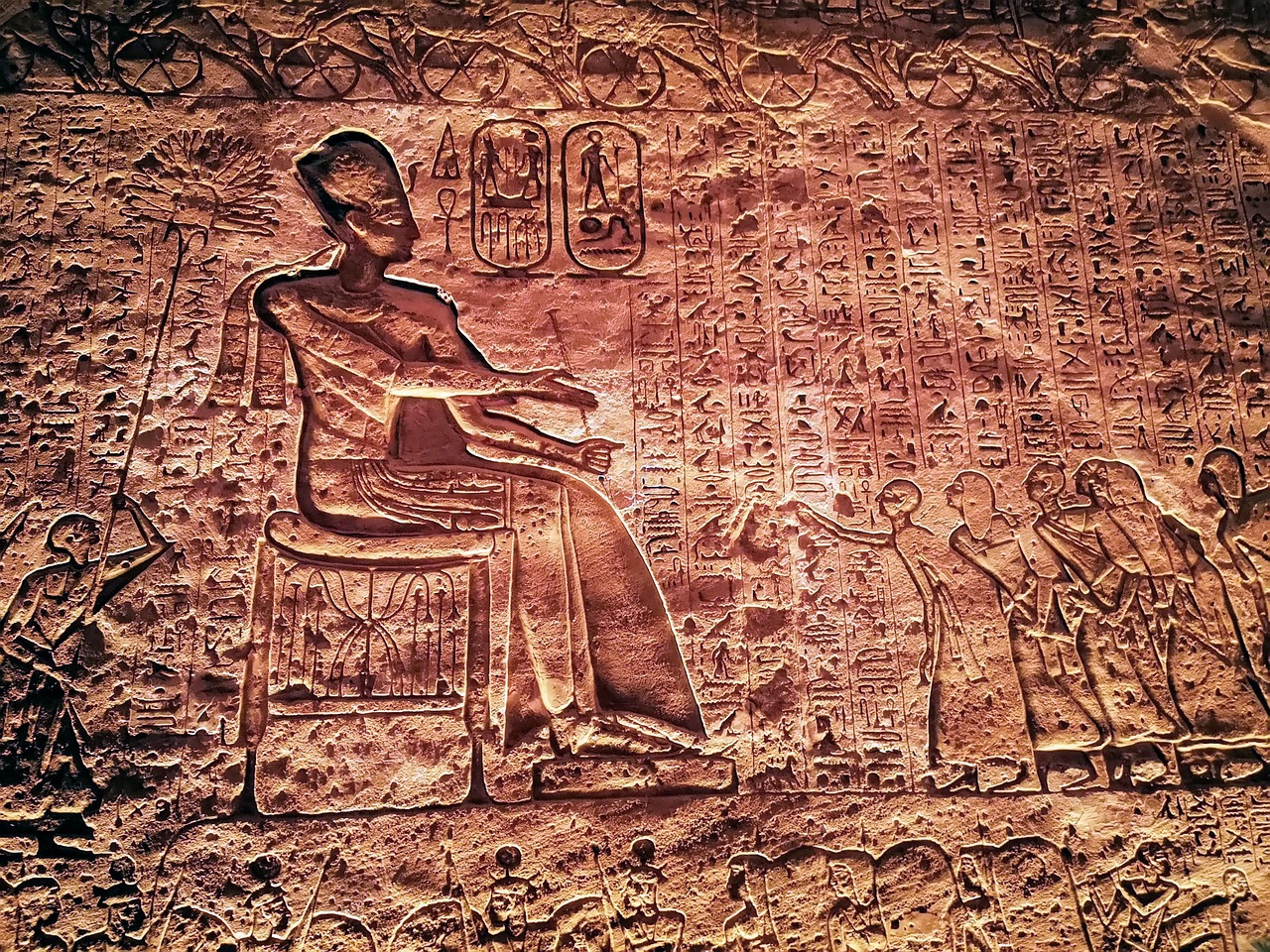Freemasons vs. Illuminati

Freemasons vs. Illuminati – What’s the Difference?
Freemasons vs. Illuminati: What’s the Difference?
When talking about secret societies, two names come up more than any others: the Freemasons and the Illuminati. They’re often confused, merged, or portrayed as part of the same conspiracy in pop culture. But are they really the same?
In this article, we break down the key differences between the Freemasons and the Illuminati, their origins, goals, symbols, and influence—and explain why these two groups have become central to conspiracy theories.
Origins: Two Very Different Histories
Freemasons
Keywords: Freemasons origin, history of Freemasonry
The Freemasons are a fraternal organization that evolved from medieval stone masons’ guilds in Europe. The first Grand Lodge was formed in London in 1717, marking the beginning of modern Freemasonry.
They are known for:
Symbolic rituals and degrees of initiation
Promoting brotherhood, charity, and moral integrity
A structured lodge system with secret handshakes and passwords
Freemasonry is legal, widespread, and has public lodges all over the world. U.S. Presidents like George Washington and Benjamin Franklin were Freemasons.
Illuminati
Keywords: Bavarian Illuminati, Adam Weishaupt, secret society
The Illuminati, on the other hand, refers specifically to the Bavarian Illuminati, founded in 1776 by Adam Weishaupt in Germany. It was a secret revolutionary society that aimed to:
Challenge religious and political oppression
Promote Enlightenment ideals and secular thought
Infiltrate powerful institutions to push for reform
The Bavarian Illuminati was banned in 1785, and officially ceased to exist. However, theories claim it lived on underground.
Structure and Secrecy
| Feature | Freemasons | Illuminati |
|---|---|---|
| Public presence | Yes (registered lodges worldwide) | No (operated secretly) |
| Hierarchy | Complex system of degrees | Secret cell-based structure |
| Membership | Male-dominated, now more inclusive | Initially elite intellectuals |
| Modern activity | Active globally | No confirmed presence since 1785 |


